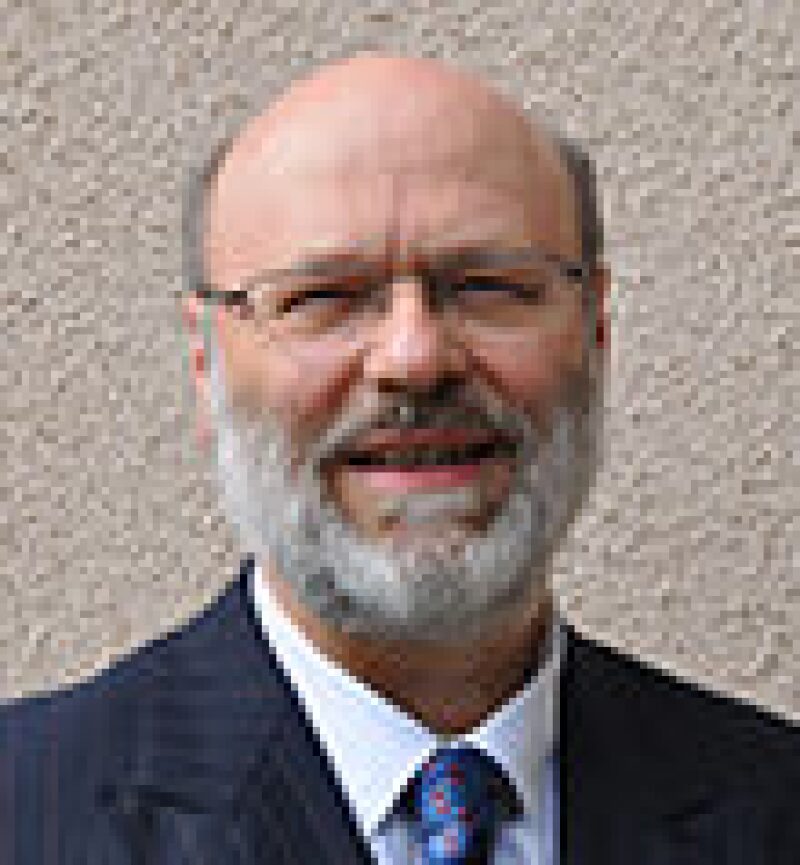If there is a field where human thought is necessarily joined to action, it is health, safety, security, environment, and social responsibility (HSSE-SR). It is critical to develop the technology, the skills, and the culture needed to achieve no harm to people, no damage to the environment or the assets, and an overall benefit to society, in particular to the local people—in other words, to find and produce hydrocarbons in a safe manner, preserving the ecosystems and the environment at large. Everyone—not only the HSSE-SR professionals—must realize that they have a role to play to achieve these goals.
Prevent and anticipate, but also prepare for the unthinkable: It all relates to what is our most precious treasure, our physical and mental integrity, today and tomorrow. The link with health is immediate, and it is why there are close connections with what the pharmaceutical industry does, or should do: find new products that meet the needs of the people, identify the hazards, and check by clinical assays—all measures to ensure that the technical solutions that are implemented have a net benefit to society and will not cause detrimental side effects in the long term. We are all concerned, whatever our position in the company is, whether we work for an operator or for a service company, whether we work in an office or on an installation, as an HSSE-SR professional or in another capacity.
In addition, when an incident occurs (blowout, air pollution, or social problem), wherever it happens, it is at the whole industry that the finger of shame is pointed. One may think that HSSE-SR can provide a competitive advantage to companies. And that is probably true in a few cases. But, in most cases, it is the whole industry that benefits from progress and the whole industry that suffers from highly publicized incidents.
What is the relation with JPT? Well, SPE is committed to disseminate best practices by sharing case studies, and—especially in HSSE-SR—to disseminate best thoughts on how to address the complex issues raised. The following pages will hopefully demonstrate that progress is being made and, more importantly and a key criterion for paper selection, that progress made somewhere can be widespread (i.e., reused in another locations by other companies).
Let me remind you that additional stories and information worth reading are available on HSE Now, the recently launched SPE online publication specially dedicated to HSSE–SR. HSE Now can be found at www.spe.org/hsenow.
I wish you enlightening reading, and I hope to see you at the next international SPE HSE conference, 17–19 March 2014, in Long Beach, California. That will be the place to improve your skills and network with your peers, regardless of whether you are an HSE professional. Remember, HSSE-SR is everyone’s business. Have a safe journey until then.
This Month's Technical Papers
Management System Approach Aims To Meet Human Rights Expectations
Company’s Revised Approach to Safety Strives To Make Standards More Natural
Safety-Management Leading Indicator Results in Unintended Consequences
Experiments on Large-Scale Fires Reveal Benefit of Greater Water Deluge
Review of Water Use at Canada’s Oil Sands Points Toward Environmental Sustainability
Extensive Environmental-Monitoring Project Relies on Integration of Several Networks
An Integrated Noise-Protection Program in Angola
Legislation, Commerce, and Ethics Drive Design of Quieter Facilities in Australia
Recommended Additional Reading
SPE 163771 Why Culture Matters by Howard Duhon, Gibson Applied Technology & Engineering
SPE 157402 Five Reasons We Are Not Getting to Zero by Norman W. Ritchie, vPSI Group
SPE 156765 Care and Concern for People We Will Never Meet—Process Safety in the Design of the Wheatstone Platform by Kevin Stevenson, Chevron
SPE 156133 Health Performance in the Oil and Gas Industry—The Results by Alison Martin, Tillies Consultancy
SPE 164947 Identification and Management of Environmentally Critical Elements (First Technical Guidance on ECEs) by Cameron Stewart, Energy Institute, et al.
SPE 164938 Monitoring the Environmental Impact of Offshore E&P Discharges Through Innovative Techniques by Marie-Charlotte Alboussière, Total, et al.
SPE 157573 Development and Maintenance of a Sediment-Toxicity Test for Monitoring Synthetic-Based Drilling Fluids by John Candler, M-I Swaco, et al.

| Emmanuel Garland, SPE, is a special advisor to the HSE vice president at Total Exploration and Production. He has been SPE Technical Director for Health, Safety, Security, Environment, and Social Responsibility and a member of the SPE Board of Directors. Garland graduated from the École Centrale de Paris and from the École Nationale des Pétroles et des Moteurs. He is a Qualified Engineer and serves on the JPT Editorial Committee. |
